Russia warns against NATO's eastward expansion, large-scale military confrontation
NATO is preparing itself for a large-scale armed confrontation with Moscow, says Russia’s deputy defense minister, warning against the US-led alliance’s eastward expansion.
In his remarks at a briefing for military attaches and representatives of foreign embassies in Moscow on Monday, Alexander Fomin asserted that the alliance’s "targeted provocations" near Russia’s borders are likely to escalate into an armed conflict.
The official said the bloc’s military buildup has been “completely re-orientated toward preparing for a large-scale, high-intensity armed conflict with Russia”, while pointing to the "30 major drills featuring scenarios for conducting military operations against Russia each year."
"Recently, the alliance has switched to the practice of direct provocations, which are associated with a high risk of escalating into an armed confrontation," the official warned, recalling a June incident when a British Navy warship breached Russian territorial waters off the Crimean coast.
Referring to NATO’s increased military activities near Russia’s border, Fomin said the military alliance in May and June this year held a "series of drills” known as ‘Defender Europe-21’, which involved the “transfer of up to 40,000 troops from the US and Western Europe toward the alliance's eastern flank."
He also pointed to an unprecedented spike in NATO reconnaissance flights in the Black Sea, which soared to 60 percent between 2020 and 2021, as well as the number of exercises in the region increasing to 15, compared with only 8 last year.
The official stressed that the NATO stepped up its combat capabilities near Russia’s borders by acquiring a large number of weapons, vehicles, and personnel of the new member countries as well as access to their infrastructure and ports on the Baltic and Black seas.
NATO, Fomin said, has “consistently ignored Russian interests, and shied away from conducting an equitable discussion of existing problems".
In an attempt to prevent the escalation of a dangerous security situation near its border, Russia asked the United States and its NATO allies to offer security guarantees.
"The alliance's continuation of a confrontational course towards our country forces us to rigidly put before NATO the issue of legally binding security guarantees for Russia, which would exclude any further advances of the bloc to the east and deployment of threatening weapons systems in the immediate vicinity of our borders," Fomin said, adding that Moscow "looks forward to a serious, constructive conversation."
According to the official, NATO’s eastward expansion dates back to the time when Moscow had good ties with NATO.
‘NATO expansion harms European security’
Fomin noted that the NATO’s eastward expansion has had a negative impact on the security of the European continent, recalling the 1999 bombing of Yugoslavia.
"The strengthening of NATO didn’t go without leaving a mark on Europe’s security," Fomin said, while listing the events, which, among other things, weakened European security.
"In 1999, an unauthorized UN military operation was carried out against Yugoslavia," he said. "As a result of the bombing of Belgrade, innocent civilians were killed, and the country's economy was disrupted."
The collapse of Yugoslavia led to another spell of NATO expansion as it accepted Albania, Croatia, Montenegro and North Macedonia into its fold, he said.
During this time, the West kept assuring Russia that it had no aggressive plans against it, the official said.
"Moscow believed these statements, although it froze engagement with NATO in 1999 in connection with the military solution of the crisis in Yugoslavia," Fomin said.
Russia and the US-led NATO have recently been at odds over Ukraine among other issues.
Western countries accuse Moscow of preparing for an invasion of Ukraine by amassing troops and weapons near the border of Ukraine.
Moscow, however, says it is entitled to move its military freely within its borders and that it is taking precautionary measures because of increased NATO activity near its territory.
President Vladimir Putin has repeatedly warned the West against crossing Kremlin's red lines by staging military exercises and sending lethal weaponry to Ukraine.
According to reports, NATO Secretary General Jens Stoltenberg has decided to convene a meeting of the NATO-Russia Council (NRC) on January 12 in an effort to address the developments in Ukraine.
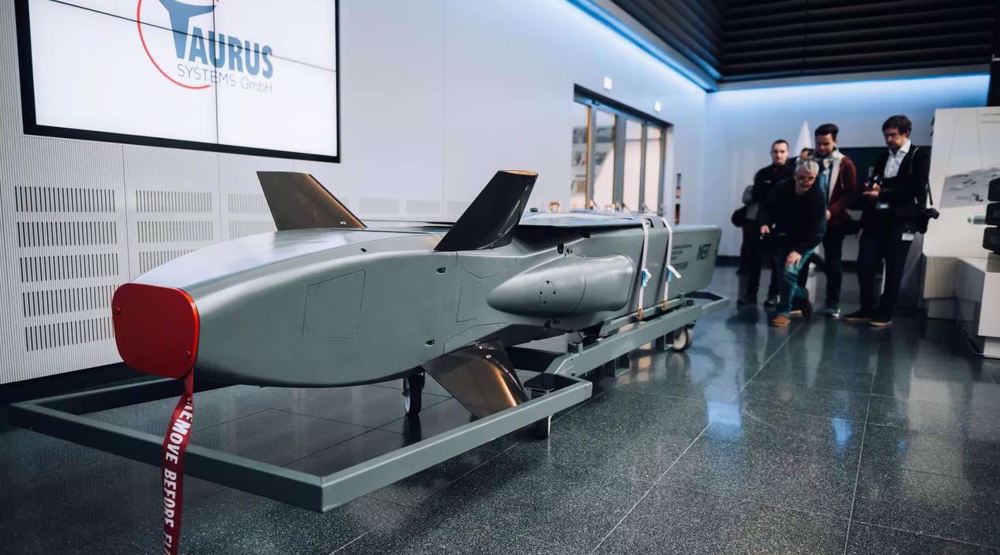
Kremlin warns Germany sending Taurus missiles to Ukraine risks 'escalation'
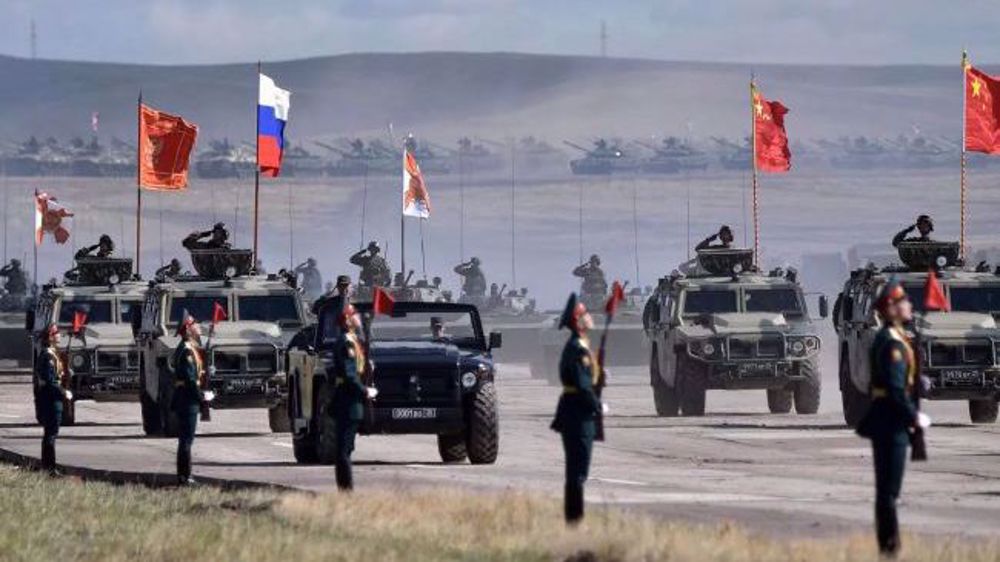
China warns Ukraine over 'irresponsible' claim of Chinese soldiers in war
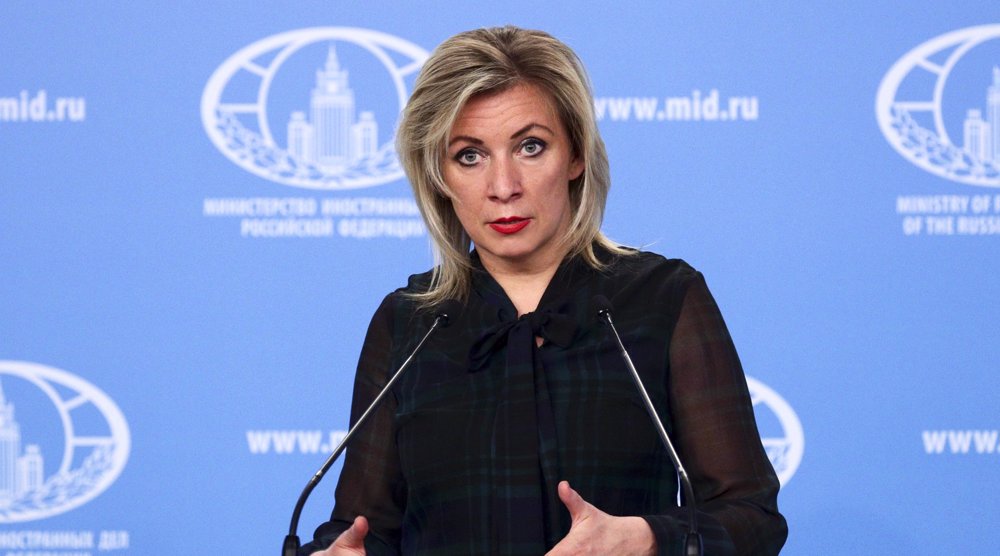
World growing tired of endless threats against Iran: Russia
China says stands with Malaysia, region in face of unilateralism
UN envoy urges journalists to speak out on Gaza genocide
‘Complete humanitarian collapse’ imminent in Gaza: Media office
Doctors Without Borders: Israel has turned Gaza into ‘mass grave’
Iran, Tajikistan discuss defense partnership, counter-terrorism cooperation
VIDEO | Yemen expands pro-Gaza operations despite US air aggression
VIDEO | Palestinians mark Prisoners’ Day amid Israeli atrocities
Airbus plane grounded due to US sanctions returns to Iran’s fleet


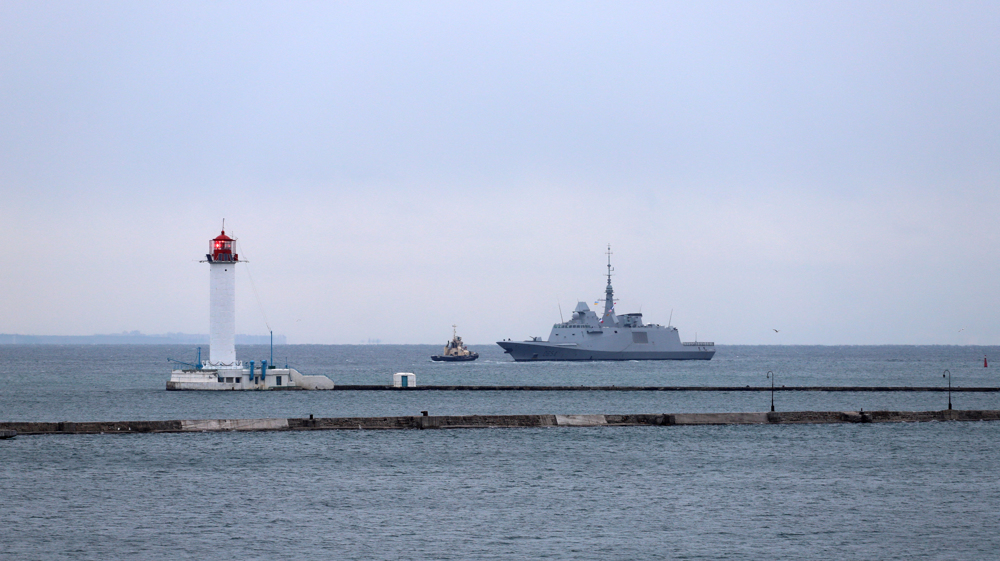
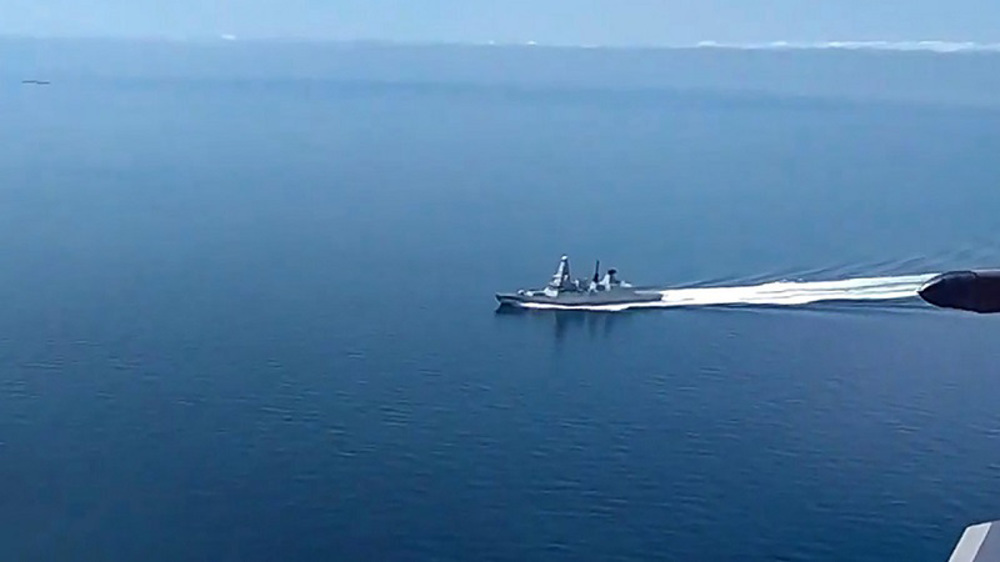
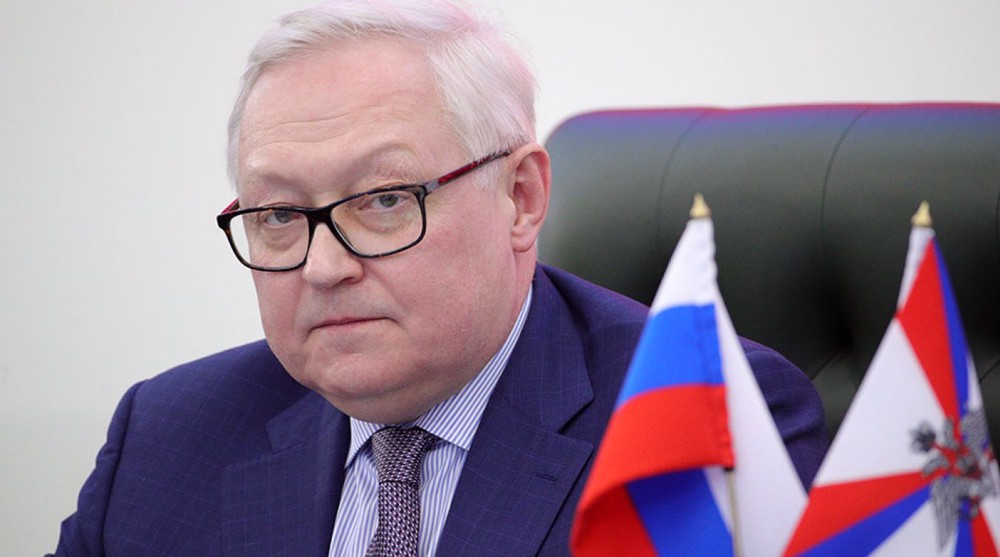



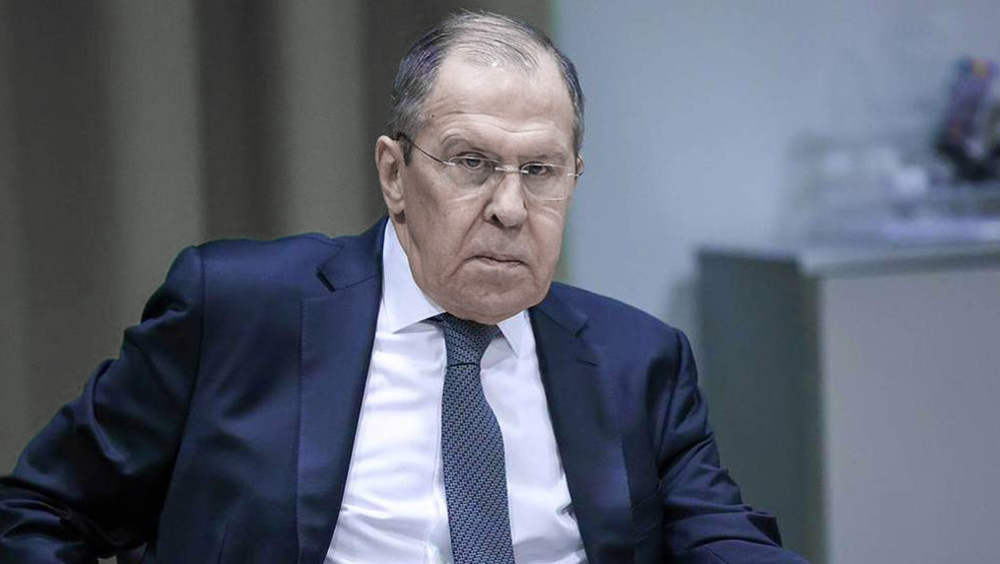
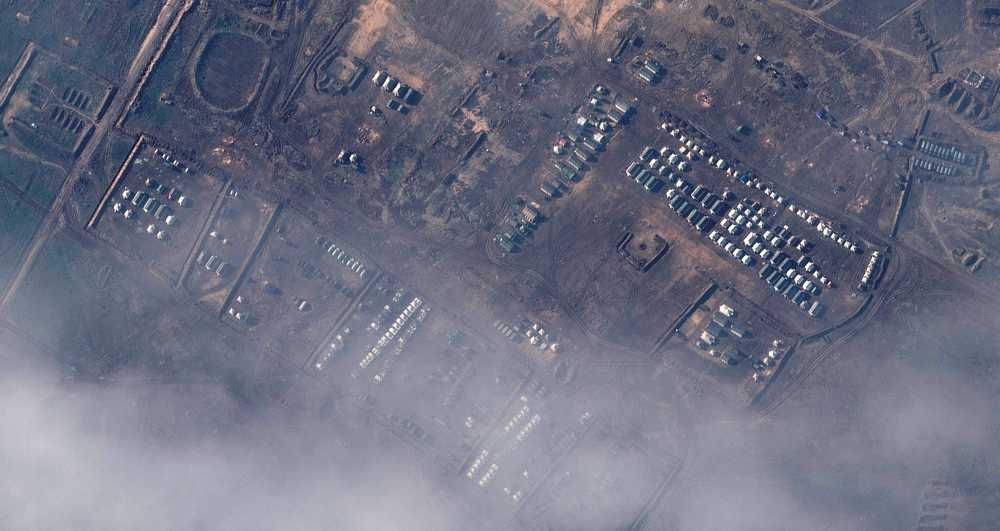
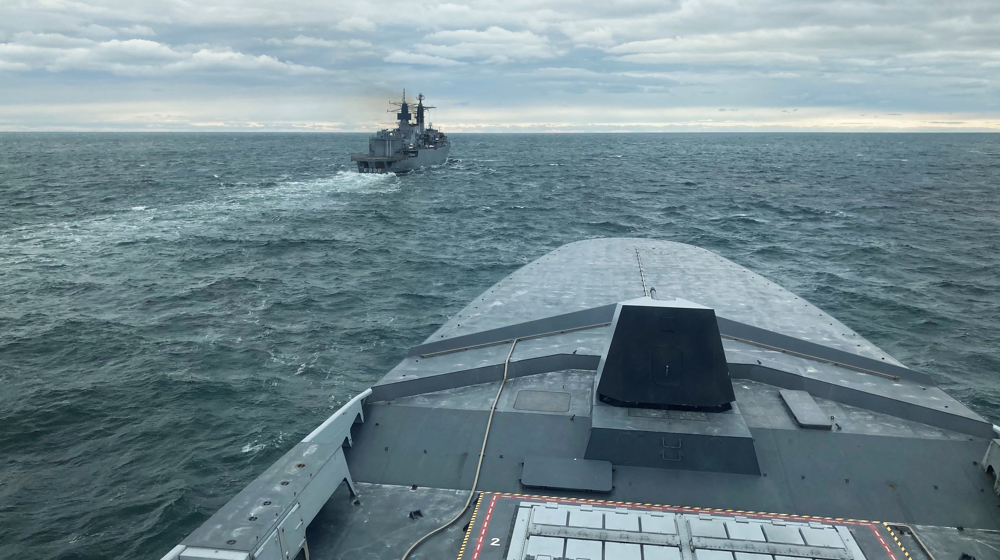
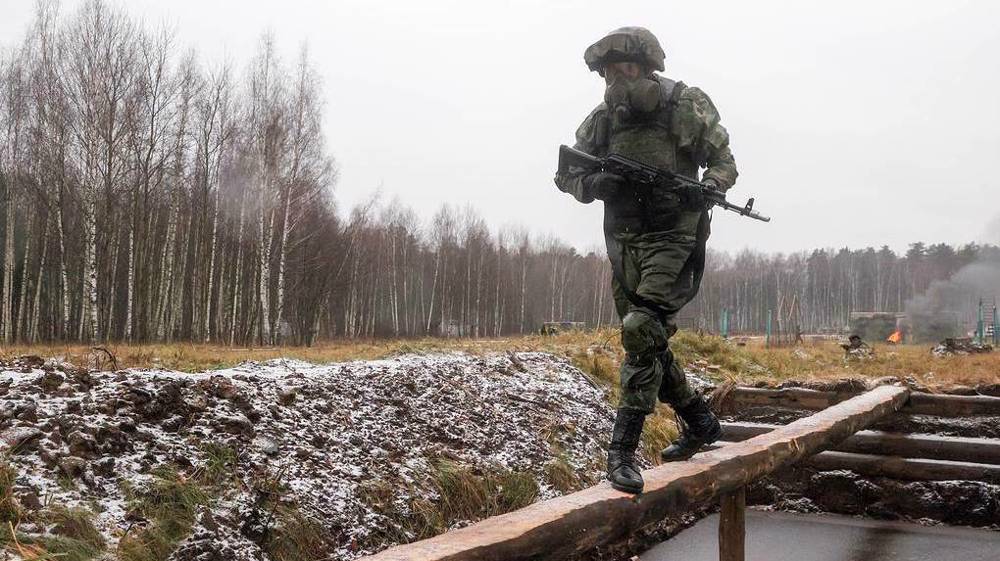
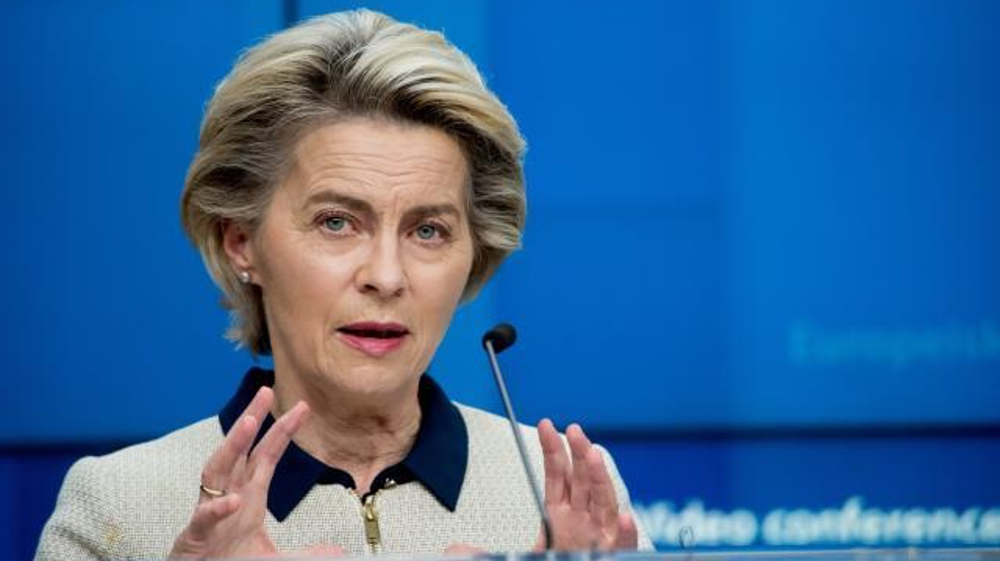

 This makes it easy to access the Press TV website
This makes it easy to access the Press TV website